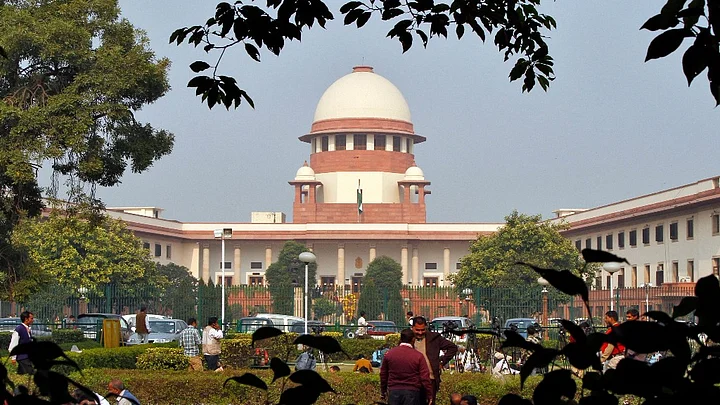The Supreme Court on Monday, 22 July, dismissed a PIL seeking direction to implement sexual harassment committees in religious institutions.
A Bench headed by Chief Justice Ranjan Gogoi said that judicial orders cannot be passed on the plea as Visakha guidelines cannot be applied at religious places, IANS reported.
“Why don’t you file a criminal complaint? How can Vishaka guidelines be extended to religious places?” he said.
A PIL was moved in the apex court seeking extension of the Vishakha guidelines to religious places, including ashrams, madrasas and Catholic institutions, in order to check the steep rise in the incidence of sexual exploitation of women in such places, IANS reported.
Advocate Maneesh Pathak claimed in the petition that religious places constitute part of the workplace as many women are employed at the same besides others who are voluntary engaged with them.
The petition sought collection of data of these religious institutions, where women practice and profess religion, to take effective steps on the basis of the guidelines to provide assistance to the victims of sexual assault.
“If the Vishakha Guidelines are extended to these religious institutions, it would assist a lot in reducing sexually related crimes against women at religious places by various religious gurus or leaders of that particular institution,” the petition said.
It also sought that the Centre direct the concerned authorities of the particular area, where such religious institutions are situated, to conduct the background verification of religious leaders, especially the “new upcoming babas” or “heads of madarsas and churches”, according to PTI.
Women fear sexual exploitation in joining or interacting with “religious institutions like ashrams, madarsas or the catholic institutions to profess their religious activities.” the petition said, according to the PTI report.
It sought directions to the Centre to provide adequate measures for women’s safety at religious places by conducting periodic checks by state women panels.
In August 1997, the top court, in the Vishakha case, laid down as many as twelve guidelines which are to be followed by employers to prevent or deter acts of sexual harassment against women.
(With inputs from PTI and IANS.)
(At The Quint, we question everything. Play an active role in shaping our journalism by becoming a member today.)
